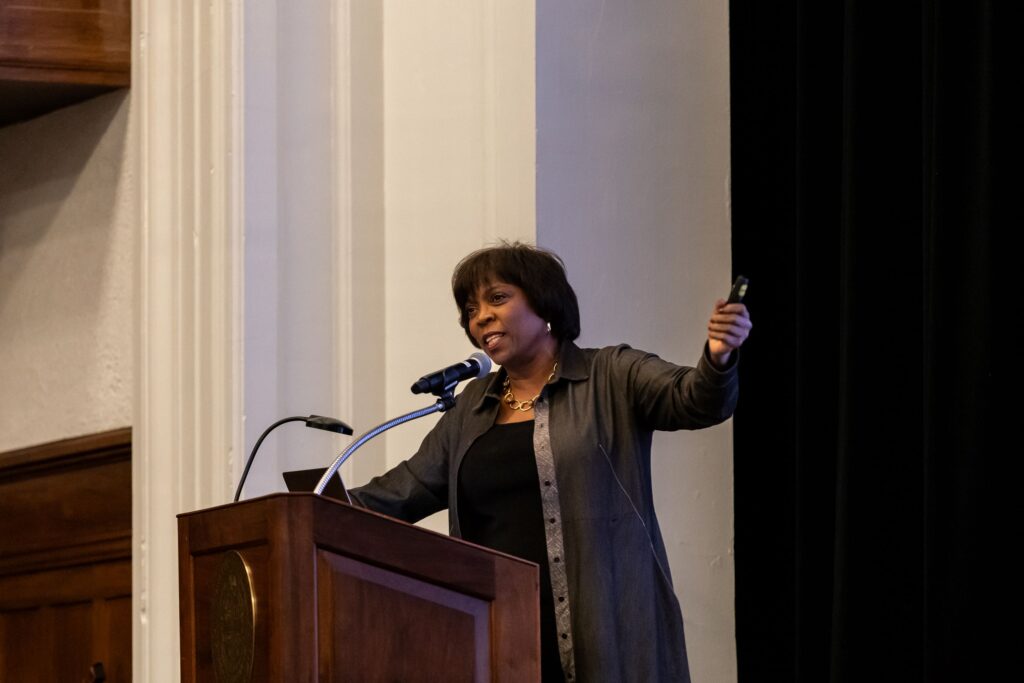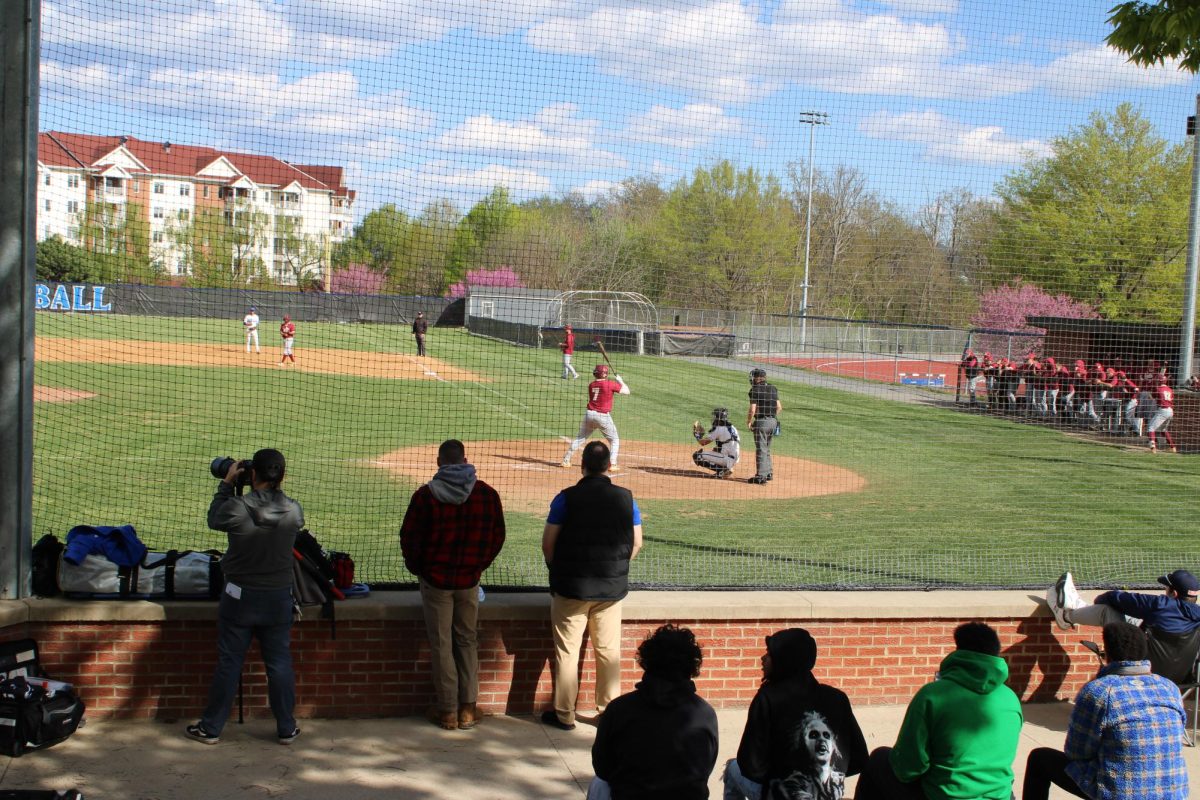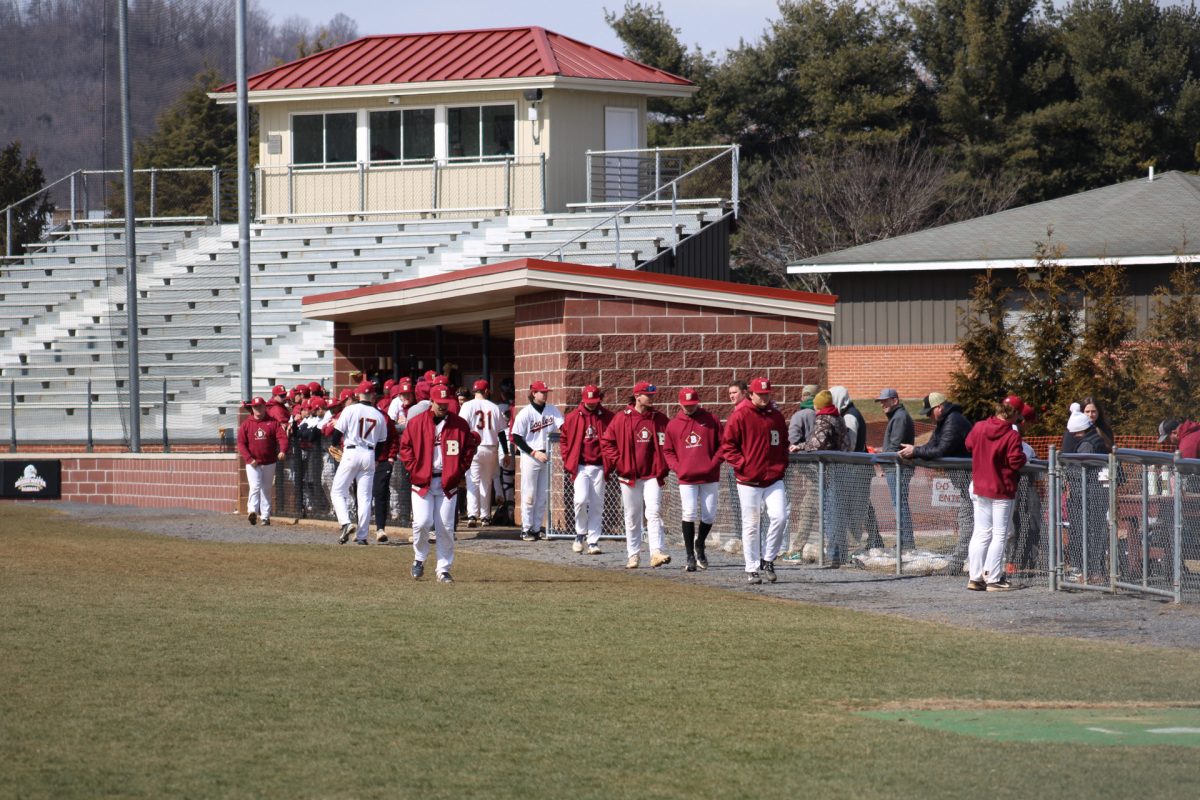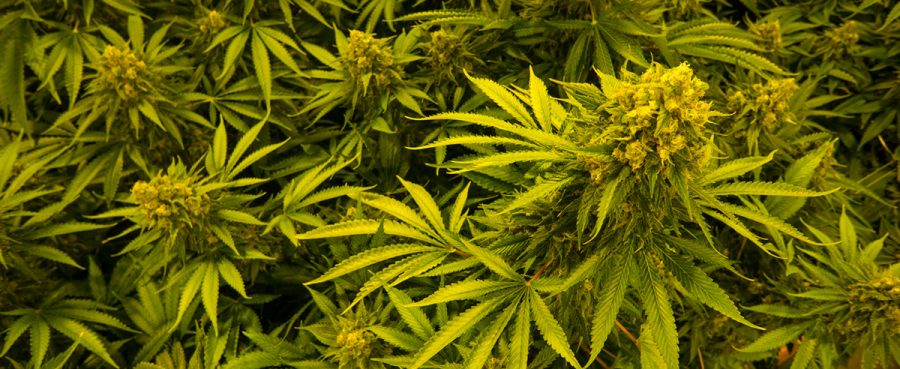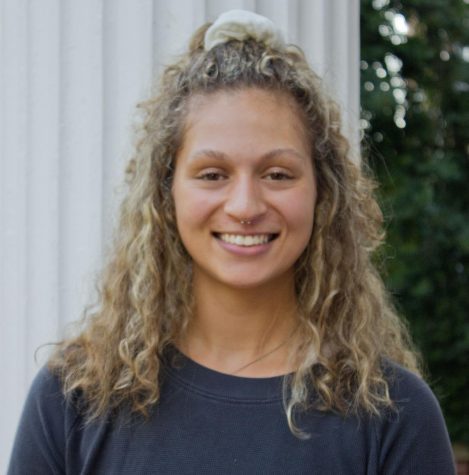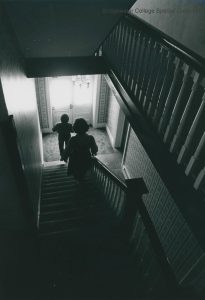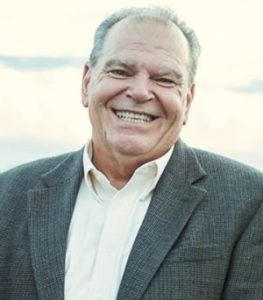Virginia House and Senate Vote for Progressive Legislation on Marijuana and Minimum Wage
Decriminalization of Marijuana and Lifting Minimum Wage Evidence “Compromise”
Decriminalization and the eventual legalization of marijuana in the state of Virginia has become a goal of Virginia Senator Adam Ebbin.
March 17, 2020
Bridgewater, Va.- Saturday, March 7, Virginia lawmakers voted to raise the minimum wage in Virginia to $12 an hour over the next few years. Sunday, March 8, lawmakers also voted for the decriminalization of marijuana.

Virginia Mercury noted of the minimum wage legislation, “The bill would increase the wage to $9.50 an hour on Jan. 1, 2021, $11 in 2022 and $12 in 2023.” The bill would also require a study on minimum wage to determine possibilities for continuing the increases.
Many Democrats felt in the Fight for $15–a national campaign pushing for a $15 minimum wage nationwide–was the “best compromise they could make.”
The bill would exempt individuals including agricultural workers, student workers and temporary foreign workers from receiving the newly stipulated wages.
Republican opponents of the bill said it would “harm businesses, force prices to rise and make it harder for students to find summer jobs,” stated Virginia Mercury.
Regarding decriminalization of marijuana, the House of Delegates and Senate met the following day and agreed to set the charge at a $25 civil fine for first offenders. Currently, offenders may face up to a $500 fine and 30 days in jail, according to The Hill.
“‘This means close to 30,000 people a year will no longer be labeled as criminals and no longer will suffer the negative repercussions of a criminal conviction,’” Senator Adam Ebbin stated in an NBC12 article. NBC12 noted of a point-in-time count in July 2017, “127 people were being held in jail solely on a marijuana charge, according to a State Crime Commission report.”
Though the drug would still be illegal, the severity of the fine would be similar to a “minor traffic violation,” according to NBC12.
If Northam signs the final bill, it will go into effect July 1, making Virginia the 26th state to decriminalize or legalize the drug.
Ebbin stated studies on the effects of decriminalization are still necessary and have already been approved by the Democrat controlled legislature in Virginia, according to ARLnow. This is a crucial step before legalization in the state.
Responding to the impact on private college campuses like Bridgewater, Chief of Police at Bridgewater College Milton Franklin explained, “if it does become legal, it would still be against policy to have on campus…state schools may be different.”
If students’ home states legalize marijuana and they “come back high, they would go through the student conduct process,” Franklin said, “the policy would not change at all.”


